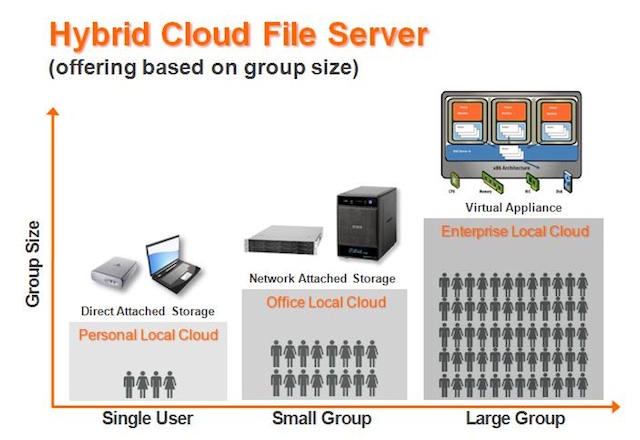Last week I had coffee with Clive Mayhew who chairs the board of Sky Software, a Geelong based student management cloud service.
Clive covered a lot of interesting aspects about Sky’s business; including the opportunities for regional startups, government support and his experiences in Silicon Valley during the dot com boom. All of which I’ll write up in more detail soon.
One notable point Clive raised was how he struggles to get Australian staff to take equity in the business – people want cash, not shares.
The question Clive raises is why and that question is worth exploring in more depth.
My feeling is that it’s a cultural thing related to property – four generations of Australians have been bought up believing housing is the safest way and surest way to build wealth.
As a consequence young Australians are steered into getting a ‘safe’ job and plunging as much money into accumulating property equity as early as possible. Just as mum and granddad did.
Even those who don’t want to play the property game are affected as property speculation pushes up prices and rents; the landlord or bank won’t accept startup stock to pay the bills so employees need cold, hard cash to keep a roof over their heads.
The other angle is tax and social security policies, through the 1970s and 80s various business figures used share option schemes to minimise their taxes and successive Australian governments have passed laws making it harder for businesses to offer these incentives.
Interestingly this not only affects the Silicon Valley tech startup business model but also hurts the aspirations of Australia’s political classes to establish the country, or at least Sydney, as a global financial centre.
Putting aside the fantasies of Australia’s suburban apparatchiks – which if successful would see the country being more like Iceland or Cyprus than Wall Street or the City Of London – it’s clear that the existing government and community attitudes toward risk are reducing the diversity of the nation’s economy.
That the bulk of the nation’s mining and agricultural investment, let along startup funds, comes from offshore despite the trillion dollars in compulsory domestic superannuation savings is a stark example of risk aversion at all levels of Aussie society, government and business.
For those Australian entrepreneurs prepared to take risks, the risk adverse nature of most people becomes an opportunity as it means there’s local markets which aren’t being filled.
The problem for those local entrepreneurs is accessing capital and that remains the biggest barrier for all small Australian businesses.
How this works out in the next few decades will be interesting, it’s hard not to think though that Australians are going to have to be weaned off their property addiction – whether this takes a harsh recession, retired baby boomers selling down their holdings or government action remains to be seen.
In the meantime, don’t base your business plan on staff taking equity as part of their employment package.




